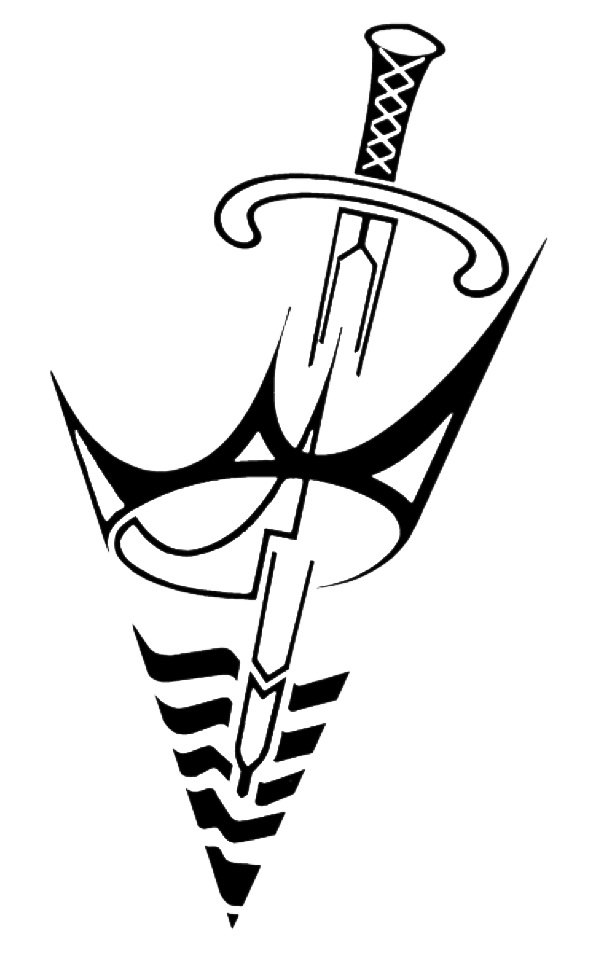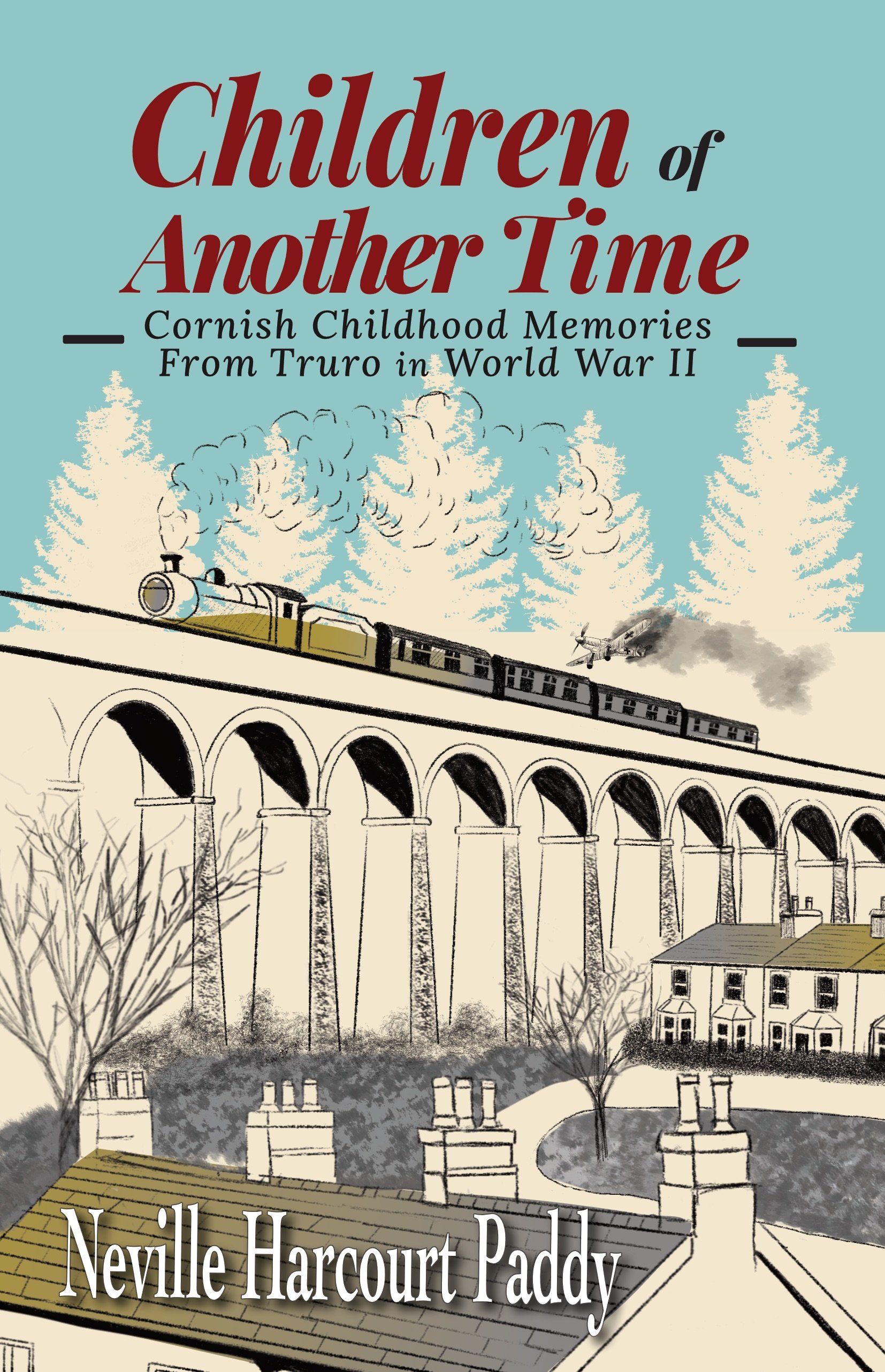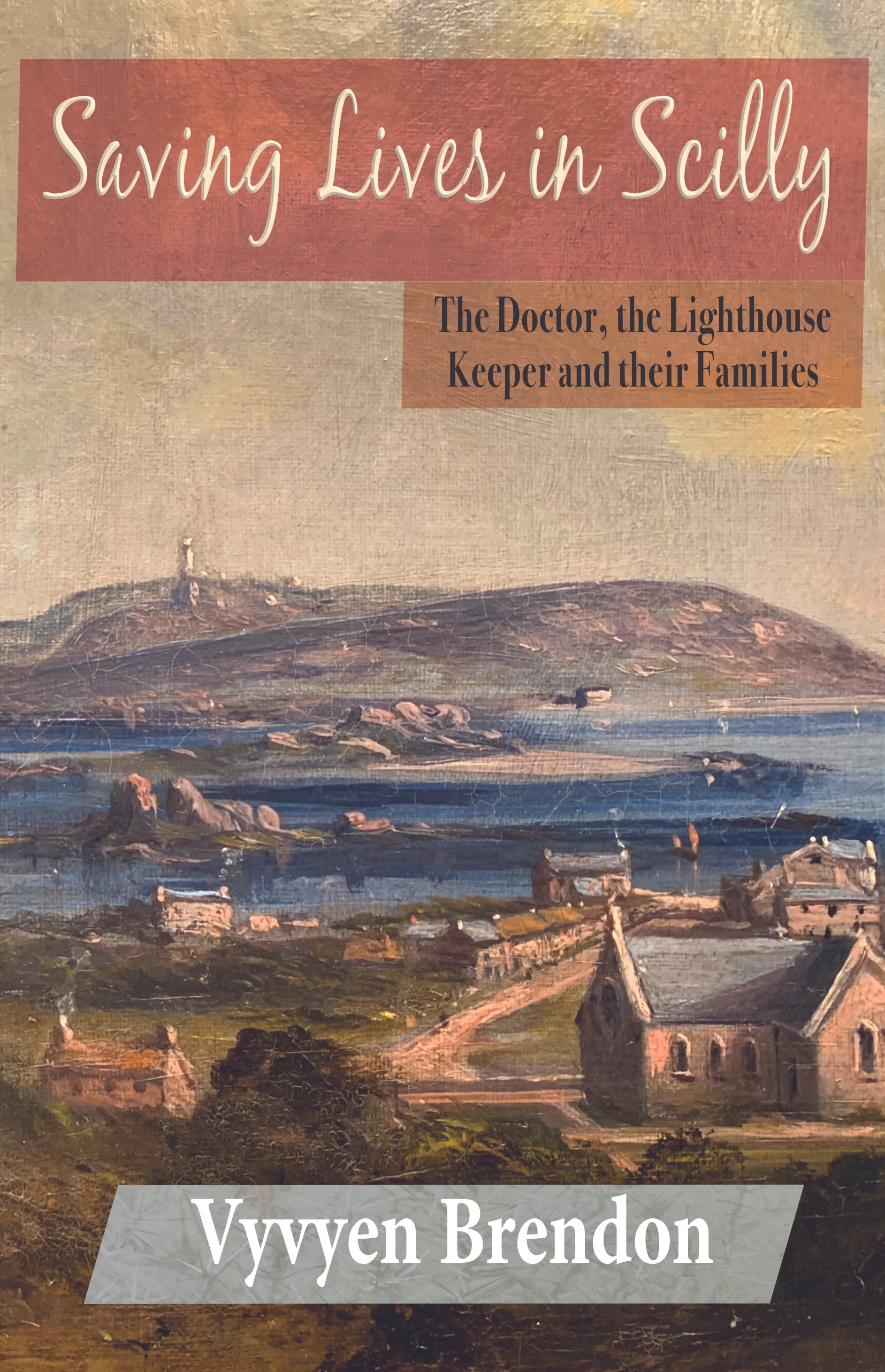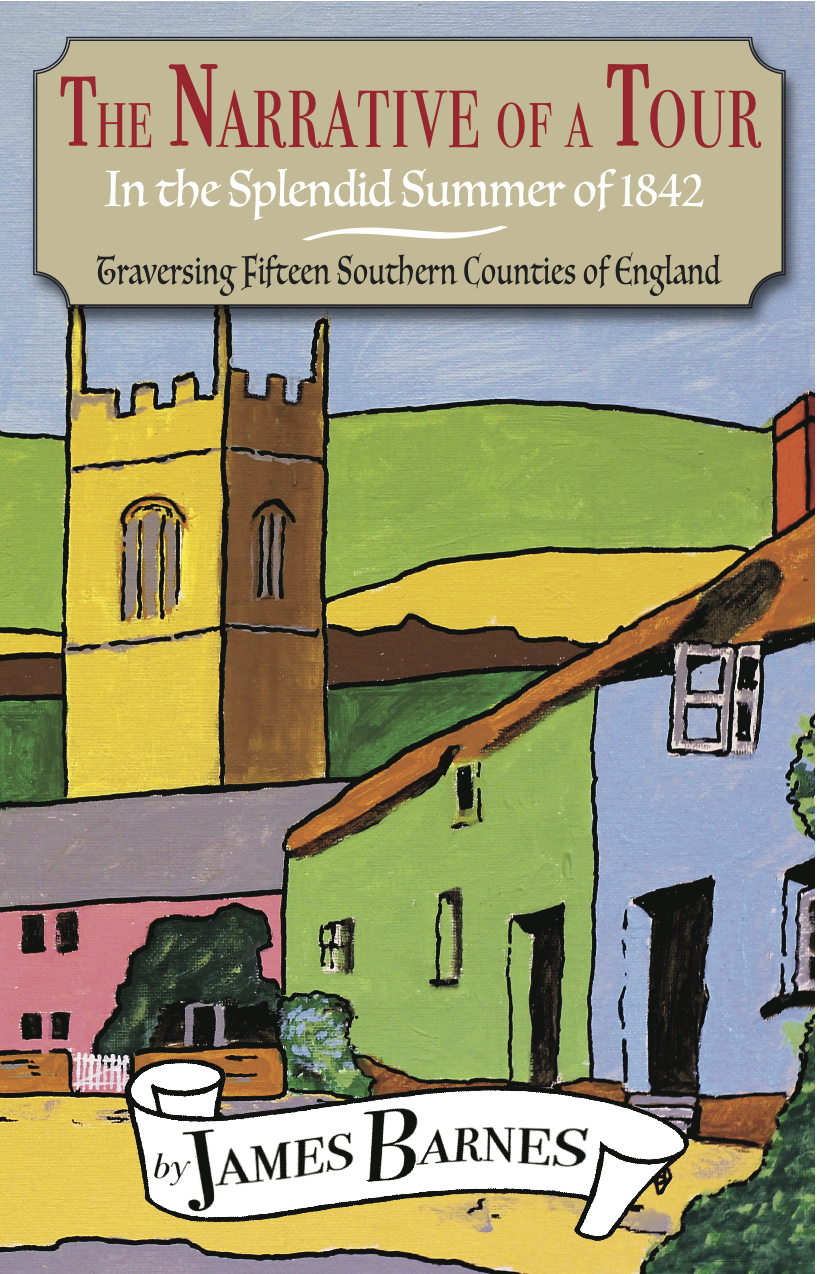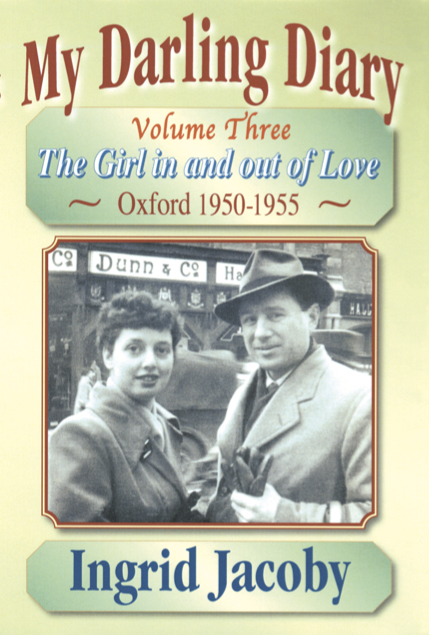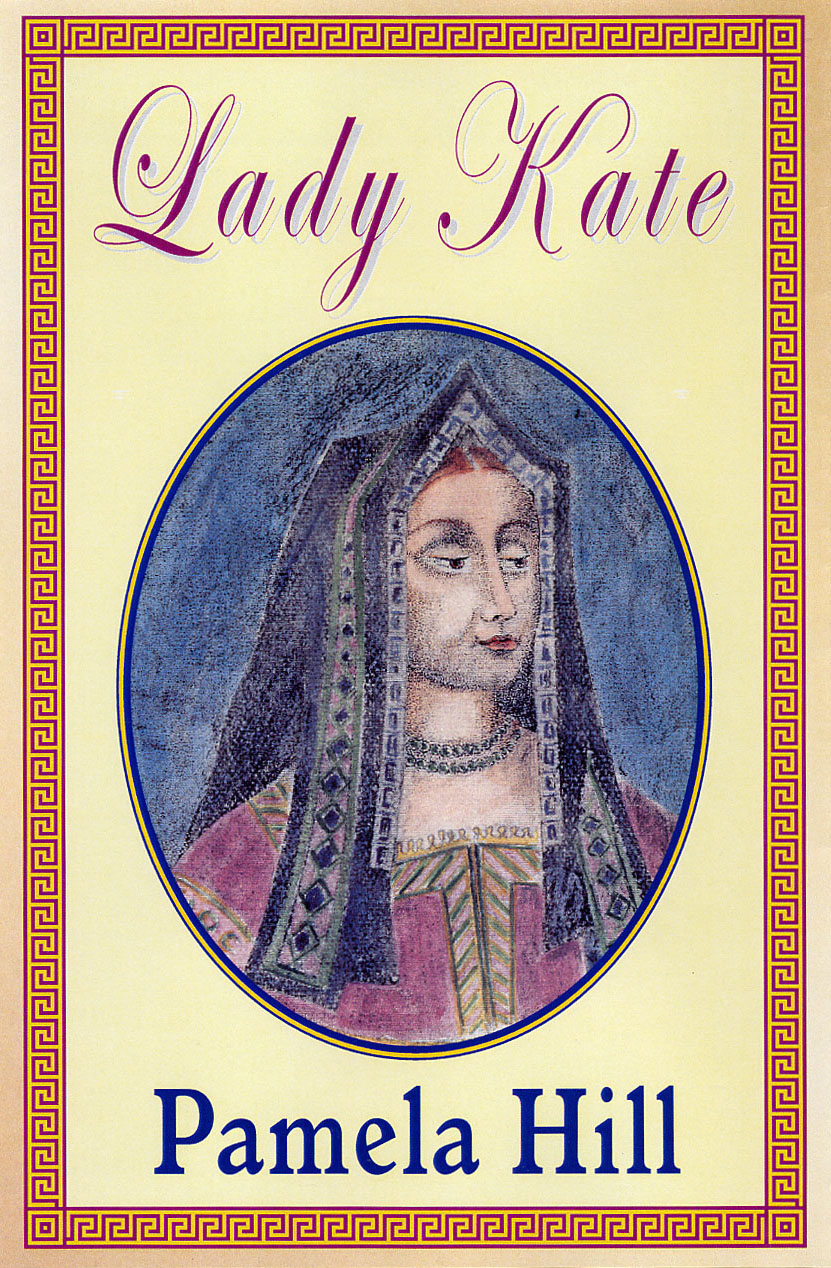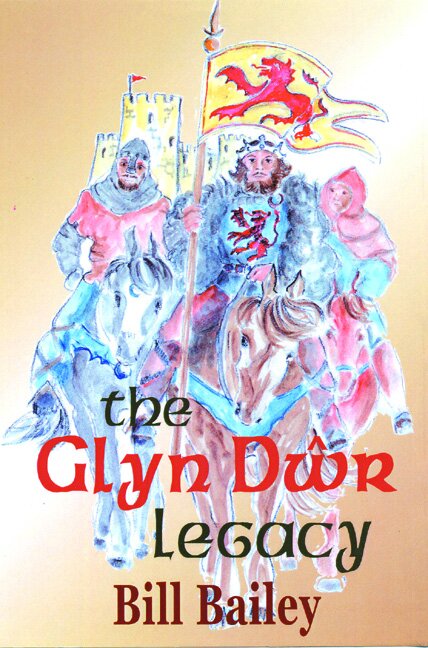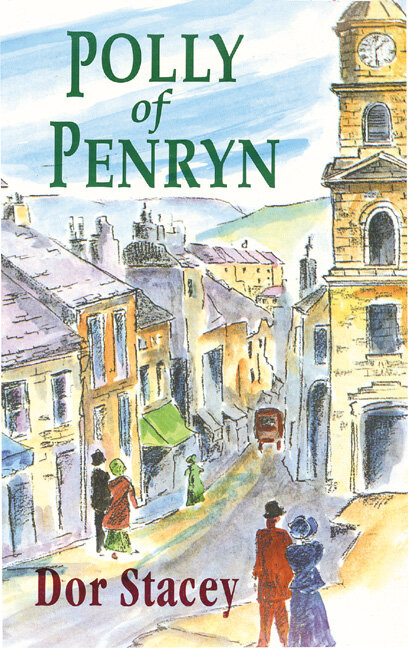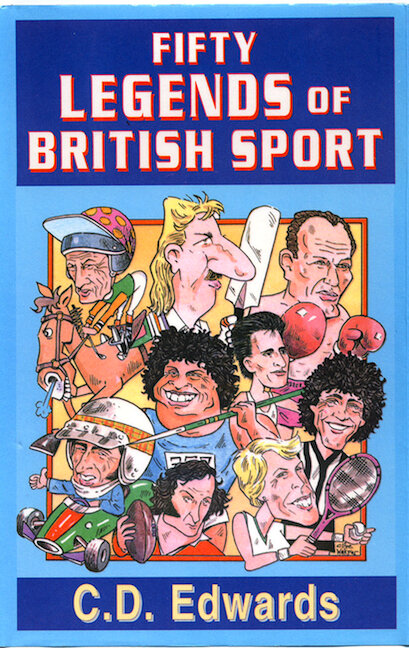Brave Little Dutch Girl
Brave Little Dutch Girl: Memories of a Small Child in Holland During the German Occupation 1940-45
The ‘brave little Dutch girl’ was Wilhelmina Harris’s sister Dicky, who rode off on her bicycle and braved the bitterly cold weather to bring back what little food could be gleaned in the dark days of hunger, which were intentionally inflicted by the occupying German forces in Holland during the Second World War.
Through the eyes of Wilhelmina, the youngest daughter, we follow the lives of the van der Hoek family in Maassluis, a strategically placed town. The Dutch despised the Germans for their cruelty and arrogance, and three of her uncles who were sailors made for England to join the allied forces. Her father listened to news broadcasts from the BBC, which broadcast the Dutch Radio Oranje during the war, although all radios were strictly forbidden. This meant they could keep up with progress during the war and secretly inform others about it too.
Woven within the account the author relates details of what was happening throughout Holland and the terrible persecution of the Jews. There were also the many cases of bravery where the Dutch people, particularly farmers, would hide Jews and allied pilots.
The worst period was when operation Market Garden (A Bridge Too Far) failed and the people were deliberately starved by the Germans. They had no coal or wood, no electricity, water was rationed and there was no food. Thousands starved to death, and the first ever food-drops took place by the RAF and USA in 1945.
This account is not sad, but in its honesty it displays the resilience of the Dutch and the way they coped with terrible hardships.
ISBN: 9781852001063
Size: 217x140mm
Binding: hardback
Length: 176pp
22 b&w photos
Brave Little Dutch Girl: Memories of a Small Child in Holland During the German Occupation 1940-45
The ‘brave little Dutch girl’ was Wilhelmina Harris’s sister Dicky, who rode off on her bicycle and braved the bitterly cold weather to bring back what little food could be gleaned in the dark days of hunger, which were intentionally inflicted by the occupying German forces in Holland during the Second World War.
Through the eyes of Wilhelmina, the youngest daughter, we follow the lives of the van der Hoek family in Maassluis, a strategically placed town. The Dutch despised the Germans for their cruelty and arrogance, and three of her uncles who were sailors made for England to join the allied forces. Her father listened to news broadcasts from the BBC, which broadcast the Dutch Radio Oranje during the war, although all radios were strictly forbidden. This meant they could keep up with progress during the war and secretly inform others about it too.
Woven within the account the author relates details of what was happening throughout Holland and the terrible persecution of the Jews. There were also the many cases of bravery where the Dutch people, particularly farmers, would hide Jews and allied pilots.
The worst period was when operation Market Garden (A Bridge Too Far) failed and the people were deliberately starved by the Germans. They had no coal or wood, no electricity, water was rationed and there was no food. Thousands starved to death, and the first ever food-drops took place by the RAF and USA in 1945.
This account is not sad, but in its honesty it displays the resilience of the Dutch and the way they coped with terrible hardships.
ISBN: 9781852001063
Size: 217x140mm
Binding: hardback
Length: 176pp
22 b&w photos
Brave Little Dutch Girl: Memories of a Small Child in Holland During the German Occupation 1940-45
The ‘brave little Dutch girl’ was Wilhelmina Harris’s sister Dicky, who rode off on her bicycle and braved the bitterly cold weather to bring back what little food could be gleaned in the dark days of hunger, which were intentionally inflicted by the occupying German forces in Holland during the Second World War.
Through the eyes of Wilhelmina, the youngest daughter, we follow the lives of the van der Hoek family in Maassluis, a strategically placed town. The Dutch despised the Germans for their cruelty and arrogance, and three of her uncles who were sailors made for England to join the allied forces. Her father listened to news broadcasts from the BBC, which broadcast the Dutch Radio Oranje during the war, although all radios were strictly forbidden. This meant they could keep up with progress during the war and secretly inform others about it too.
Woven within the account the author relates details of what was happening throughout Holland and the terrible persecution of the Jews. There were also the many cases of bravery where the Dutch people, particularly farmers, would hide Jews and allied pilots.
The worst period was when operation Market Garden (A Bridge Too Far) failed and the people were deliberately starved by the Germans. They had no coal or wood, no electricity, water was rationed and there was no food. Thousands starved to death, and the first ever food-drops took place by the RAF and USA in 1945.
This account is not sad, but in its honesty it displays the resilience of the Dutch and the way they coped with terrible hardships.
ISBN: 9781852001063
Size: 217x140mm
Binding: hardback
Length: 176pp
22 b&w photos
About the author:
Wilhelmina Harris
The author was educated at the Delft Grammar School for Girls. She subsequently worked for Unilever in Holland.
She moved to Zambia with her children and first husband who died there. Re-marrying, she then moved to England.
Following the publication of various articles, including one about her collection of nun statues which led to her appearance on Channel 4 ’s Collector’s Lot, she decided to write about her early life in Holland and how the war affected the people there.
